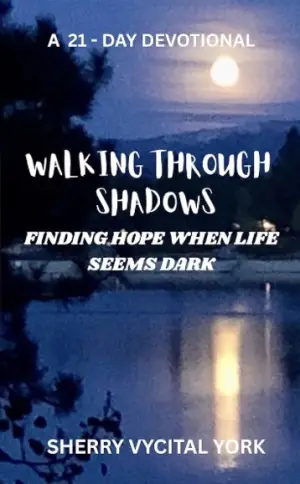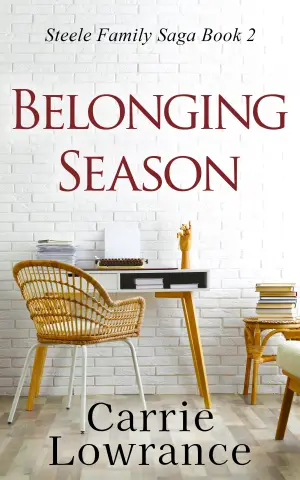Reviewing The Hunger Games: A Journey into Dystopia
Suzanne Collins’ The Hunger Games caught my attention long before I finally decided to pick it up. Like many, I’d heard whispers of the gripping world of Panem and the extraordinary resilience of its heroine, Katniss Everdeen. Frankly, the buzz made it sound like an unskippable ride—a rollercoaster I knew I’d want to experience. As I sift through my towering stack of books (an ambitious list that includes everything from Margaret Atwood to Stephen Hawking), I finally carved out time for this riveting tale. Let me tell you, it did not disappoint!
At its core, The Hunger Games is a story about survival, sacrifice, and resistance in a world where the powerful manipulate the weak. Katniss, our fierce protagonist, volunteers to take her sister Prim’s place in the brutal Hunger Games, a televised fight to the death that exemplifies the stark divide between the opulence of the Capitol and the poverty of the Districts. Through her eyes, we witness not only a fight for survival, but also a clever critique of societal structures and media consumption. It’s chilling how relevant the themes are to our own world, making it more than just a “young adult dystopian novel”—it’s a commentary that resonates far beyond its pages.
Collins’ writing style is straightforward yet engaging. The pacing is relentless, almost breathless, which keeps your heart racing as the plot unfolds. What truly stood out for me were the moments of introspection woven into the action. The narrative moves quickly, yet the emotional weight of Katniss’s choices lingers beautifully. It’s a delicate balance that Collins masters well.
One particularly memorable quote comes from Katniss as she reflects on her strength: “I can’t go on like this. I can’t find a way to make myself be brave.” It’s a sentiment that encapsulates her struggle, yet also speaks volumes to anyone grappling with their own fears and uncertainties. Reading those words felt intimately personal; they reminded me of my own moments of hesitance and doubt.
As I emerge from the world of Panem, I find myself in a much deeper conversation about rebellion and responsibility. Collins dives into the intricacies of human nature, survival instincts, and the bond of loved ones. While I’ve got a plethora of titles waiting on my shelf, this book is a vivid reminder that the rush of a good read can sometimes wait—especially when it holds the power to transform perspectives.
The Hunger Games is bound to resonate with those who thrive on character-driven plots and enjoy a mix of adventure with poignant social commentary. If you’ve felt the tug of curiosity, allow this book to propel you into a vivid world where the stakes are as high as they come. And for me, this experience has reaffirmed the importance of storytelling—how it captivates, enlightens, and encourages reflection long after the last page is turned.
In a world filled with distractions, sometimes the right book comes along to remind us of our own resilience. In that light, I think there’s still plenty of time for me to dive back into my to-read list. But with The Hunger Games, I found not just a story, but a call to action for my own life. Happy reading, dear book lovers!
Discover more about The Hunger Games (The Hunger Games, #1) on GoodReads >>






